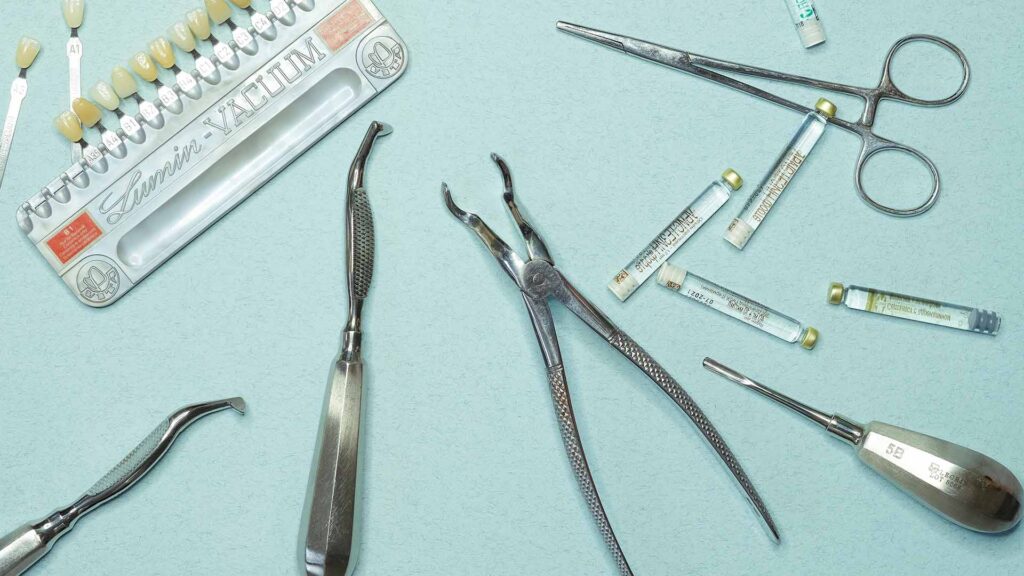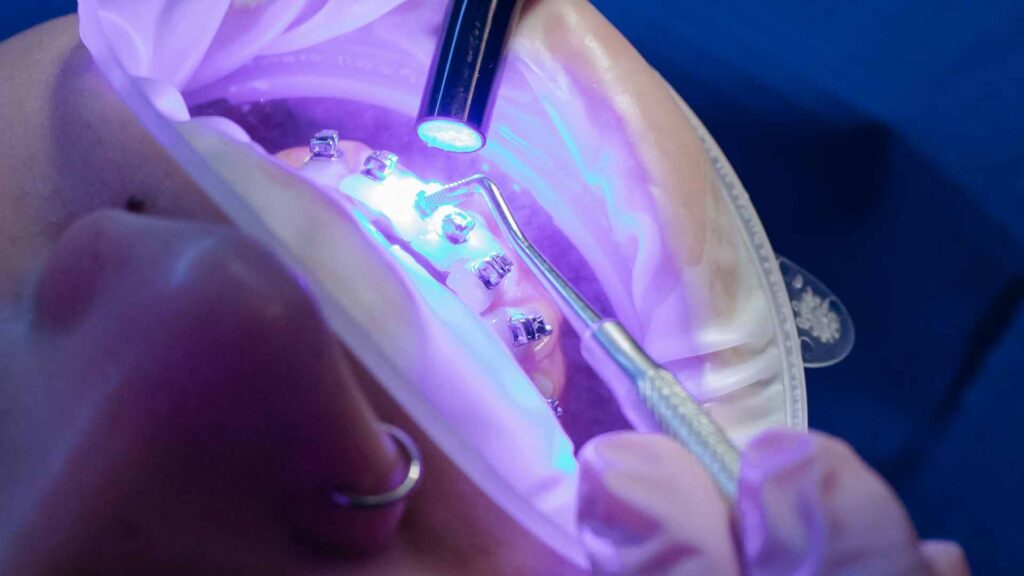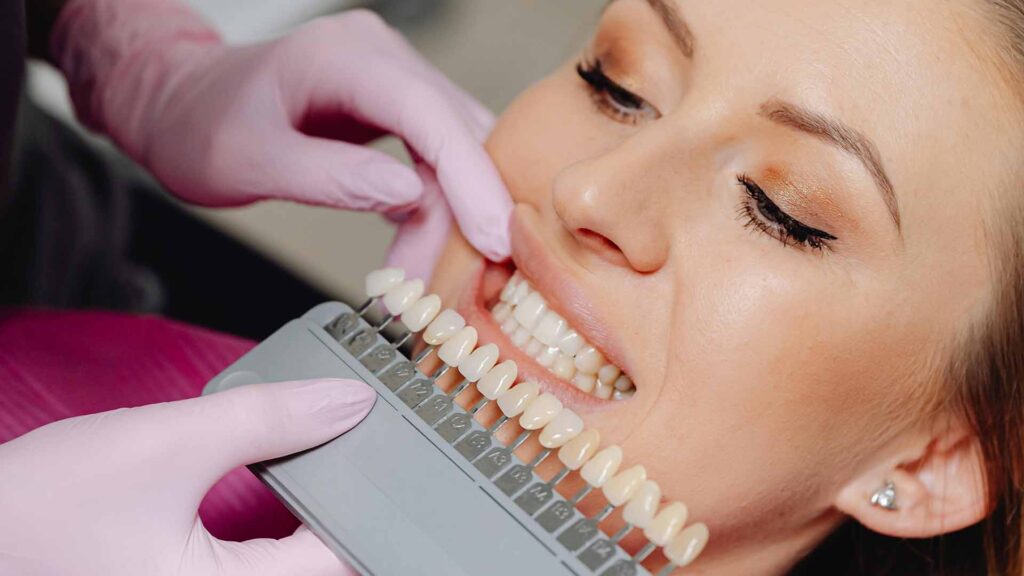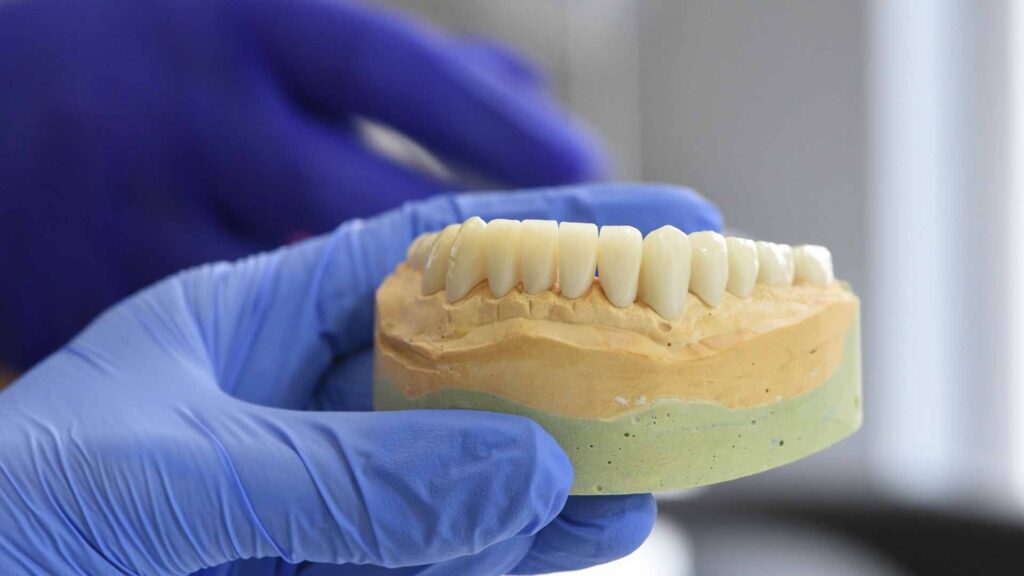Dental Implants 101: Benefits, Procedure Insights, and Cost Analysis
What Are Dental Implants?
Dental implants are advanced, durable solutions for missing teeth, designed to look, feel, and function like natural teeth. The implant itself acts as an artificial root, typically made from titanium, which integrates with the jawbone to support a custom crown, bridge, or denture. This structural design enables dental implants to restore both the appearance and function of natural teeth.
Dental implants have distinct advantages over other options, like dentures or bridges, due to their stability and longevity. They mimic the natural tooth root, fusing with the jawbone through a biological process called osseointegration, which ensures lasting strength and prevents jawbone deterioration.



Consultation and Assessment
During the initial consultation, the dental professional will examine your mouth, take X-rays or 3D images, and discuss your medical history. They’ll assess whether you have sufficient jawbone to support an implant. If bone density is insufficient, a bone graft may be recommended.
Implant Placement
Once the patient is cleared, the titanium implant is surgically inserted into the jawbone. This outpatient procedure is generally done under local anesthesia. After placing the implant, the gum is stitched to allow it to heal while integrating with the bone.
Healing Period (Osseointegration)
Osseointegration, a process where the bone grows around and bonds with the implant, typically takes a few months. This bonding creates a stable base for the artificial tooth.
Abutment Placement
After healing, an abutment is attached to the implant. This small connector will hold the replacement tooth. The gum tissue is given time to heal around the abutment, creating a secure, natural-looking fit.
Final Crown Placement
Finally, a custom-made crown that matches the shape, size, and color of your natural teeth is fixed to the abutment. This crown completes the implant and restores your smile.
Exciting Workshops & Events
Discover our engaging events and workshops to enhance your dental knowledge and oral health. Join us for informative seminars and hands-on workshops.
Learn more about Dental Implants:
Benefits of Dental Implants
Choosing dental implants comes with a variety of benefits that make them a popular choice among patients. These benefits go beyond aesthetics:

Restores Natural Functionality
Implants provide a strong bite and stability similar to natural teeth, making it easy to chew and speak.

Long-Lasting Solution
With proper care, dental implant can last for decades or even a lifetime, making them a long-term investment.

Supports Bone Health
Implants stimulate the jawbone, which helps maintain bone density and prevents bone loss.

Does Not Impact Nearby Teeth
Unlike bridges, implants don’t rely on neighboring teeth for support, so surrounding teeth stay intact.

Enhanced Comfort and Confidence
Implants are fixed in place, eliminating concerns about shifting or discomfort that can occur with dentures.

Understanding the Costs of Dental Implants
The cost of dental implant can vary significantly depending on factors such as location, the complexity of the procedure, and any additional treatments needed. On average, a single dental implant can range from $3,000 to $5,000 in the United States. However, costs may rise if you need multiple implants or additional procedures.
Factors Influencing Implant Costs
Location
Major cities often have higher pricing, though some areas offer competitive rates with experienced providers.
Additional Procedures
Bone grafts, sinus lifts, or extractions, if necessary, will increase the total cost.
Type of Implant and Crown Material
Implants are primarily titanium, but options for custom materials or alternative treatments may impact pricing.
Insurance and Financing Options
Dental insurance coverage for implant is often limited, covering parts of the procedure, such as consultations or imaging, rather than the implant itself. However, some insurance providers may contribute towards implant-supported dentures or crowns, depending on the plan. Dental practices often offer financing options to make implant more accessible, allowing for manageable payment plans.
Potential Risks and Considerations
While dental implants are a generally safe and reliable treatment, it’s essential to consider potential risks and to work with an experienced dental provider:
Infection at the Implant Site
Proper oral hygiene and aftercare are necessary to prevent infection.
Nerve Damage:
In rare cases, if an implant is placed too close to a nerve, it can lead to numbness or tingling.
Sinus Issues
Upper jaw implants may, on occasion, affect the sinuses if they extend too far.
Implant Failure or Bone Loss
Certain factors, like smoking or certain medical conditions, can increase the risk of implant failure.
Most risks are rare and can be minimized by following your provider’s care instructions and choosing a qualified dental implant specialist.

Are Dental Implants Right for You?
For many individuals with good oral health and enough jawbone density, dental implant provide a fantastic solution for tooth replacement. However, lifestyle factors and medical history can influence implant suitability. Consulting with a professional will provide a clear view of whether implants are the best option for you.
With their ability to enhance functionality, improve oral health, and provide long-lasting results, dental implants are an investment in both appearance and quality of life. For those looking to replace missing teeth, they offer one of the most advanced solutions available today.


